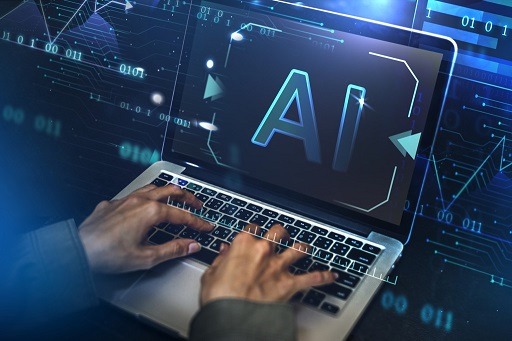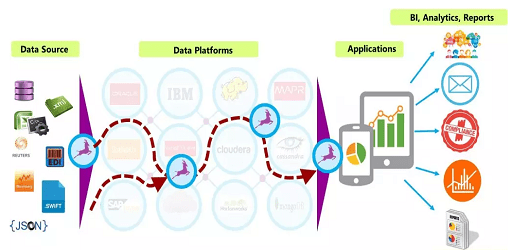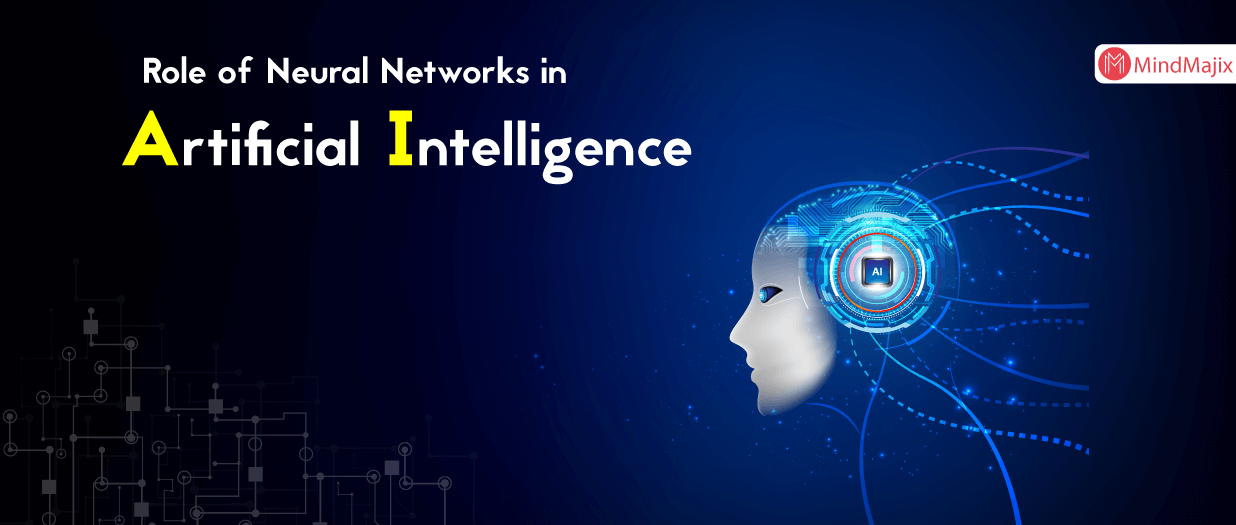How AI Helps Cybercriminals: Although artificial intelligence (AI) is an exciting and rapidly growing field, it also presents new challenges for cybersecurity. Cybercriminals are increasingly looking towards AI to aid them in their exploits, and this poses significant threats to individuals and organizations alike.
So how exactly can AI be leveraged by cybercriminals?

Cracking Passwords
Passwords serve as the primary line of defense for protecting our accounts and devices. Therefore, it is no surprise that cybercriminals commonly attempt to crack passwords to gain access to our sensitive data.
Password cracking is a popular technique in cybercrime, and malicious actors use various methods to uncover a target’s password. While these techniques have different success rates, the use of AI could significantly increase the likelihood of password-cracking success.
AI-powered password cracking is no longer a thing of science fiction, as cybersecurity experts have found that over half of the commonly used passwords can be cracked in under a minute.
A Home Security Heroes report mentioned in a ZDNet article revealed that an AI-based cracking tool named PassGAN can crack 51% of common passwords in less than a minute and 71% in less than a day.
These findings indicate the severe threat posed by AI-powered password cracking, which could potentially lead to devastating consequences at the hands of cybercriminals.
You may also like how to use ChatGPT: the viral AI chatbot
Writing Malware
Given its advanced capabilities, it’s not surprising that artificial intelligence (AI) can be leveraged to create malware, which refers to various types of malicious software (a portmanteau of “malicious” and “software”) used in hacking. However, before malware can be deployed, it must first be written.
Some cybercriminals lack coding skills or simply do not want to devote time to writing new programs. In these cases, artificial intelligence can be useful.
Recently, it was discovered that ChatGPT, a popular chatbot powered by AI from OpenAI, could be used to generate malware for illegal purposes. While ChatGPT has many legitimate uses, some individuals are taking advantage of its AI infrastructure.
In a particular instance, a user on a hacking forum claimed to have created a Python-based malware program using ChatGPT.
The automation of malicious program writing is made possible with ChatGPT, which can be utilized by less experienced cybercriminals. While ChatGPT’s latest version only produces simple and potentially faulty malware, it doesn’t rule out the possibility of AI-generated malware with more significant threats. As it stands, AI-powered malware is becoming increasingly feasible.
You may also like How Can IT Services Help Reduce Costs for Companies?
Conducting Social Engineering
Social engineering is a common cybercrime technique that continues to claim numerous victims worldwide every week. It involves manipulating victims into complying with the attacker’s demands, often without them realizing they’re being targeted.
With the help of AI, social engineering attacks could become even more effective by using chatbots to formulate the content of malicious communications like phishing emails and texts.
Even with current levels of AI development, it wouldn’t be challenging to ask a chatbot to create a convincing or persuasive script for cybercriminals to use against their targets. This threat is causing concern, and people are already worried about the potential dangers that may arise in the future.
You may also like What is ChatGPT Pro: Explained
AI could also assist in creating more professional-looking and convincing malicious communications by correcting spelling and grammar mistakes. Such errors are often considered red flags for potential malicious activity. Therefore, cybercriminals may benefit from using AI to improve the quality of their social engineering content.
Analyzing Stolen Data
In the current digital age, data has become an extremely valuable commodity. In fact, on dark web marketplaces, sensitive data is frequently sold and exchanged for exorbitant prices. For instance, if the data in question is considered valuable enough, cybercriminals may be willing to pay an astronomical amount of money to obtain it.
Valuable data is often stolen through large-scale hacks that result in the theft of huge databases. Once acquired, the cybercriminal needs to sort through the data to identify valuable information that can be sold or exploited. However, this process can be time-consuming and inefficient.
AI could be used to streamline this process by quickly analyzing the stolen data to identify valuable information. By leveraging machine learning algorithms, an AI-powered tool could become adept at recognizing patterns and anomalies that indicate sensitive information. This could help cybercriminals quickly identify and extract valuable data, increasing the profitability of their operations.
Finding Software Vulnerabilities
Cybercriminals frequently exploit security vulnerabilities in software programs, which often stem from bugs in the code. Neglecting to update software and fix security flaws can pose a significant risk. To locate vulnerabilities, malicious actors use tools such as exploit kits. With AI, cybercriminals may be able to identify even more vulnerabilities, potentially resulting in more significant harm.
Nevertheless, this application of AI could also be useful for cybersecurity companies by identifying vulnerabilities before they are exploited. Rapidly addressing a flaw can prevent cybercriminals from exploiting it, decreasing overall attack risks.
You may also like How to Fix a Network Error in ChatGPT
AI poses many threats but its also significant
Just like any other technological advancement, artificial intelligence has been and will continue to be exploited by cybercriminals. With AI already capable of performing illicit activities, it’s uncertain how cybercriminals will further develop their attacks using this technology in the future. While cybersecurity firms may also utilize AI to combat these threats, only time will reveal the outcome of this race between attackers and defenders.
Would you like to read more about How AI Helps Cybercriminals-related articles? If so, we invite you to take a look at our other tech topics before you leave!










